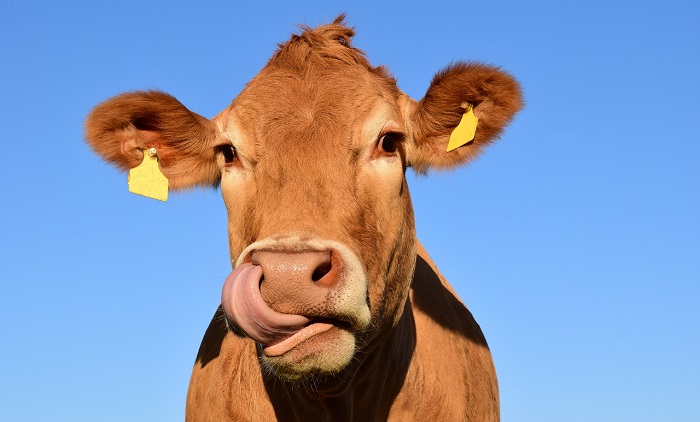Podcast: Play in new window

BOB HIRSHON (host):
Can microbes feed the world? I’m Bob Hirshon and this is Science Update.
Growing crops to feed livestock is a major contributor to greenhouse gas emissions, nitrogen pollution, and deforestation. But replacing just a fraction of their diet with proteins produced by tiny microorganisms could put a big dent in that enviromental impact. Potsdam Institute for Climate Impact Research economist Benjamin Bodirsky explains that bacteria can efficiently convert natural gas into proteins.
BENJAMIN BODIRSKY (Potsdam Institute for Climate Impact Research):
These bacteria produce highly nutritious, high valuable protein which then can be eaten.
HIRSHON:
In Environmental Science & Technology, Bodirsky’s team estimates that replacing fewer than 20% of crop-based proteins in animal feed with microbial proteins could reduce nitrogen and greenhouse gas pollution by up to 9%. And, an area the size of China’s current cropland could be saved from deforestation. I’m Bob Hirshon, for AAAS, the science society.
Story by Susanne Bard
